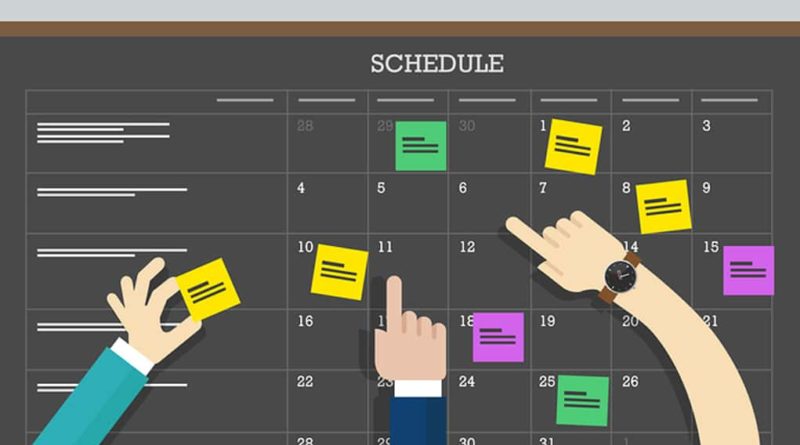Scheduling Is A Nightmare
Getting your table assembled for play is… just the worst. Especially when you don’t have an established group. Over the years, I’ve had groups on Tuesdays, Wednesdays and Sunday evenings, but since returning from Korea, everyone has gone off in their own directions, so I had to get a new group established.
And lemme tell you, getting everyone on the same page is just a nightmare.
We’re currently playing on Thursday evenings, but even that’s been a hastle, with every single one of my players being unavailable last week. Bingo blackout!
So, when establishing a time for playing, here’s some tips I have to make things easier.
- Get everyone on the same wavelength. With my old group of 12, a bunch of them are now playing together on Thursdays. I was unaware of this, and also only have like one person’s contact info. So after I decided Thursdays for the Star Wars campaign, I contacted him. None of that group is available, and I also had to run messages through him. One of the confirmed players for the campaign is on messenger, but not text, so I have to message him separately from the other players I text for plans. You need to get everyone onto the same messenging system, so coordinating the game night is more straight forward. If I just had everyone on the same group message, I could have established who’s available, who’s not, and what night.
- Pay attention to local game nights. If you’ve got a large RPG community who have official game nights at local shops, you need to keep that in mind. If you want to run a D&D game at your house on Wednesday nights, you may have a lot of players unable to make it due to Adventurer’s League at the FLGS on the same night. In the same vein, I probably wouldn’t have set up my game night for Thursdays, if I had known my old gaming friends were all gathering themselves on Thursdays anyway, and would be unavailable for my game.
- Spacing is important. A lot of people can’t play multiple nights in a row, needing a day or two in between. So if you know someone you want to have in your game is playing in another game the day before or after, that may not work. It’s all about finding exactly the right day to play.
- Have a large rolodex. I’ve got probably 15 players off the top of my head I could get to play. This was cultivated for years while working at the Comic Book Shop. The larger your base of players, the more opportunities to get a yes or no. I went through that entire list, plus found a few others I tried to ask, before I ended up with the four players I have now. If you need to try to build up a larger collection of people who can play, try going to Adventurer’s League nights, or find a local meetup.
Those are my thoughts on how to get scheduling working for you. Do you have your own tips? Let me know.




